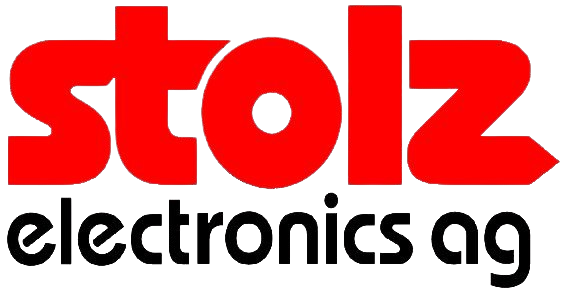News / Blog
Unlocking the Future: How Cutting-Edge Electronics News is Transforming Our Daily Lives
In today's fast-paced world, the realm of electronics news plays a pivotal role in shaping our daily lives, driving innovation and influencing consumer behavior. According to a recent report by MarketsandMarkets, the global consumer electronics market is projected to reach $2.5 trillion by 2026, showcasing a significant growth trajectory fueled by advancements in technology. This surge is reflected in how cutting-edge electronic devices are seamlessly integrated into our routines, from smart home systems to wearable technology. As electronics news continues to highlight these transformations, it provides consumers with valuable insights and trends that shape their purchasing decisions. By staying informed through reliable electronics news sources, individuals can better navigate the evolving landscape of technology, ultimately improving their quality of life and embracing the conveniences that modern electronics bring.
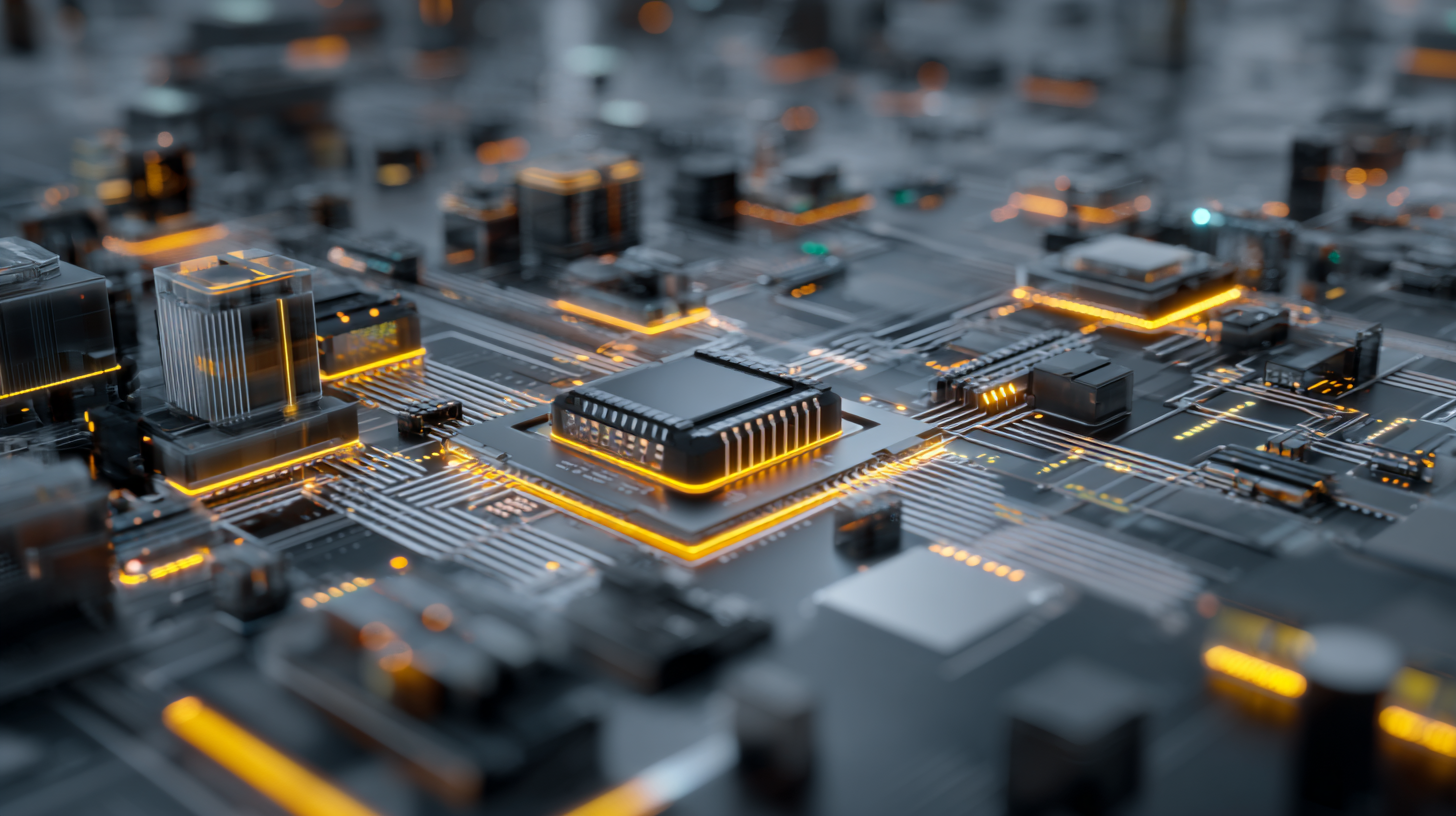
Emerging Technologies Reshaping Everyday Experiences
Emerging technologies are radically reshaping our daily experiences, driven by rapid advancements in electronics. According to a recent report by Fortune Business Insights, the global consumer electronics market is projected to reach $2.46 trillion by 2028, with smart home devices leading the surge. Innovations such as voice-activated assistants and smart appliances not only enhance convenience but also improve energy efficiency, contributing to a more sustainable lifestyle.
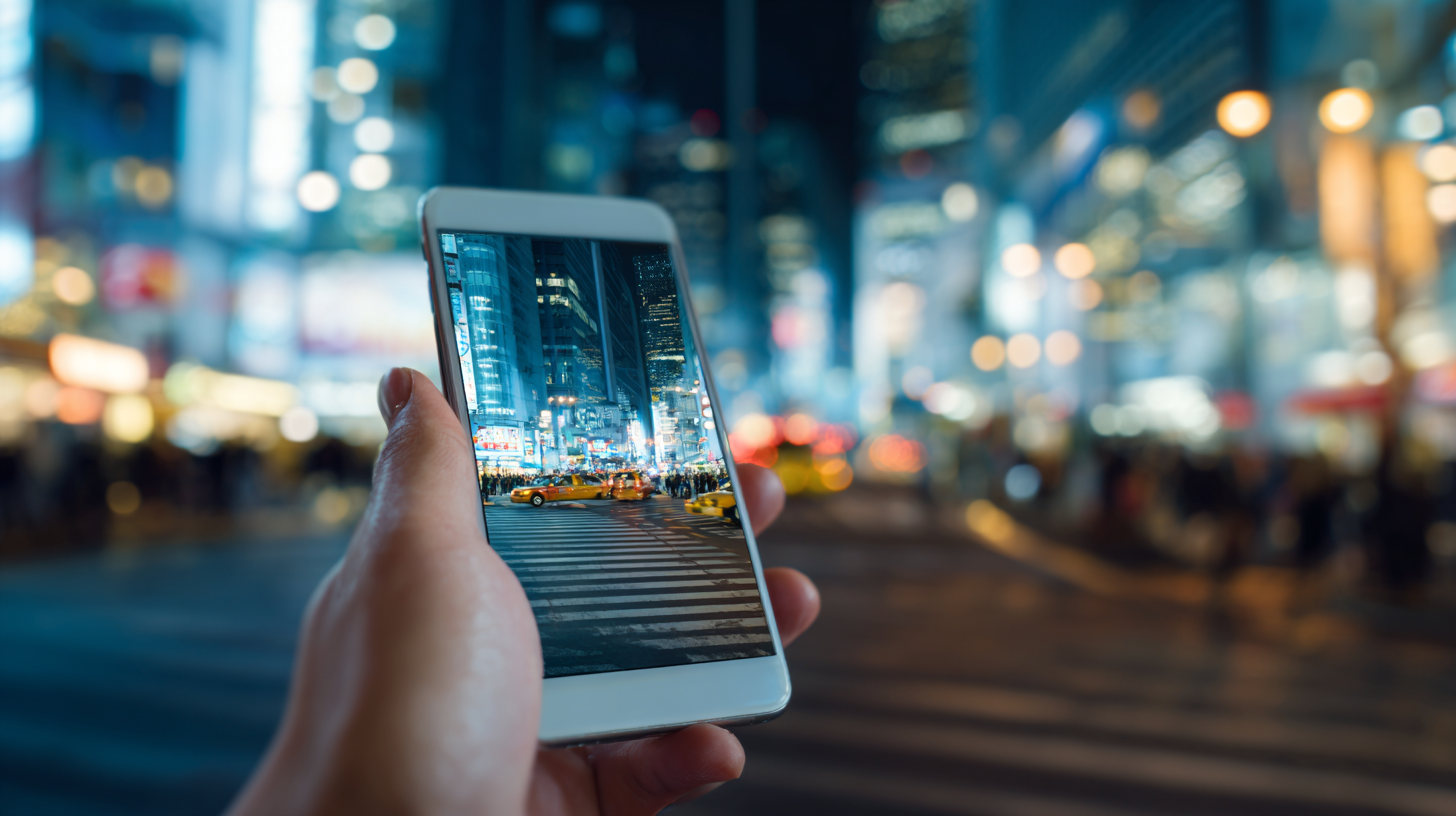
Moreover, wearable technology is revolutionizing personal health management. A study by Grand View Research anticipates that the global wearables market will expand at a compound annual growth rate (CAGR) of 15.9% from 2021 to 2028. Devices like smartwatches and fitness trackers empower individuals to monitor their vital signs, track fitness goals, and receive real-time health insights, transforming the way we approach personal wellness. By seamlessly integrating cutting-edge electronics into our everyday routines, these technologies are fostering a more connected and health-conscious society.
The Impact of Wearable Devices on Health and Fitness
Wearable devices have emerged as a pivotal component in the realm of health and fitness, revolutionizing how we monitor our well-being and achieve our fitness goals. From smartwatches to fitness trackers, these devices equipped with advanced sensors provide real-time data on heart rate, sleep patterns, and physical activity levels. This constant feedback instills a sense of accountability in users, encouraging them to adopt healthier habits and stay engaged in their fitness journeys.
Moreover, the integration of wearable technology with mobile applications enhances user experience by offering personalized insights and recommendations. For instance, users can set specific fitness targets, receive alerts for inactivity, and track progress over time. The data collected also enables healthcare professionals to monitor patients' health remotely, facilitating timely interventions when necessary. As a result, wearable devices are not only transforming individual lifestyle choices but also demonstrating their potential in preventative healthcare, ultimately leading to a healthier society.
Unlocking the Future: How Cutting-Edge Electronics News is Transforming Our Daily Lives - The Impact of Wearable Devices on Health and Fitness
| Device Type | Primary Function | User Demographic | Health Metric Monitored | Market Growth (2023) |
|---|---|---|---|---|
| Smartwatches | Fitness Tracking | Age 18-35 | Heart Rate, Steps | 25% |
| Fitness Trackers | Activity Monitoring | Age 25-45 | Calories, Sleep Quality | 20% |
| Smart Glasses | Augmented Reality | Tech Enthusiasts | Visual Engagement | 15% |
| Wearable ECG Monitors | Heart Monitoring | Individuals with Heart Conditions | ECG, Heart Rhythm | 30% |
| Wearable Sleep Trackers | Sleep Analysis | Health-Conscious Individuals | Sleep Duration, Sleep Stages | 18% |
Smart Home Innovations: Enhancing Comfort and Security
The rise of smart home technology is revolutionizing how we live, offering unprecedented levels of comfort and security. Innovations in automation, such as electric shutters, are enhancing daily life by providing easy control over one of the most utilized elements in homes—windows. These advancements allow homeowners to experience better energy efficiency and privacy, making their living spaces not only more comfortable but also more secure against potential intrusions.
Smart locks further exemplify the transformation in home security, evolving from mere novelties to essential components of modern safety systems. As the landscape of home automation expands, residents can now manage their security with unprecedented convenience while also addressing concerns about potential vulnerabilities associated with IoT devices. With the home automation market projected to reach significant financial milestones, it is clear that these technologies are not simply trends; they represent the future of living, reinforcing the importance of innovation in creating safer, more efficient homes.

The Role of Artificial Intelligence in Personalizing Daily Tasks
Artificial Intelligence (AI) is revolutionizing the way we approach daily tasks by offering personalization that caters specifically to individual preferences and routines. From smart home devices that adjust the lighting based on the time of day to virtual assistants that learn our schedules, AI is seamlessly integrating into our lives. For instance, a smart thermostat can analyze our heating and cooling habits, automatically adjusting the temperature to optimize comfort and energy efficiency. This level of personalization not only enhances convenience but also transforms the experience of daily living.
Moreover, AI's impact extends into our professional lives through tools that streamline workflows and enhance productivity. Applications powered by AI can manage our calendars, prioritize emails, and suggest the most efficient ways to complete tasks. These capabilities free us from mundane responsibilities, allowing us to focus on more strategic endeavors. As AI continues to evolve, we can expect even greater advancements in how we shape our day-to-day routines, making our interactions with technology more intuitive and meaningful than ever before.
Impact of AI on Daily Tasks
Revolutionizing Communication: The Future of Connectivity
The future of connectivity is rapidly changing as cutting-edge electronics continue to revolutionize how we communicate. According to a recent report from the International Telecommunication Union (ITU), global mobile broadband subscriptions reached nearly 7.9 billion in 2022, reflecting an extraordinary 86% penetration of the world’s population. This dramatic increase in connectivity not only enhances personal communication but also enables new business models and services that were once unimaginable.
Moreover, the advent of 5G technology is set to further transform communication. Reports indicate that by 2025, 5G networks will cover one-third of the global population, enabling data speeds up to 100 times faster than 4G. This immense leap in connectivity will enhance everything from telemedicine and remote work to smart city initiatives, allowing for more efficient urban management and improved public services. The implications of these advances are profound, heralding a future where seamless communication fosters innovation, collaboration, and greater social engagement across the globe.
Related Posts
-
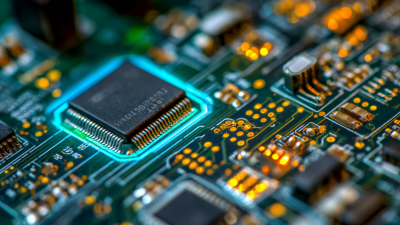
Unlocking Innovation: How Electronic Components Drive the Future of Technology
-
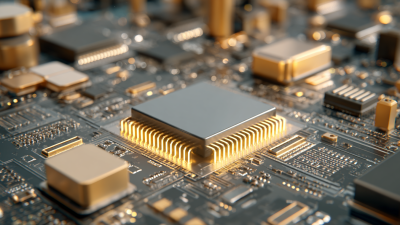
Unlocking Innovation: The Role of Electronic Components in Shaping Future Technologies
-
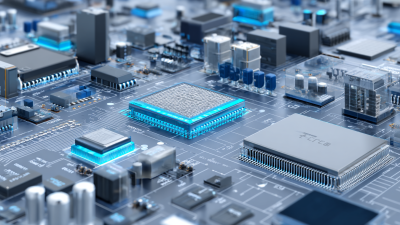
Navigating Trends in Electronic Components at the 138th Canton Fair 2025 in China
-
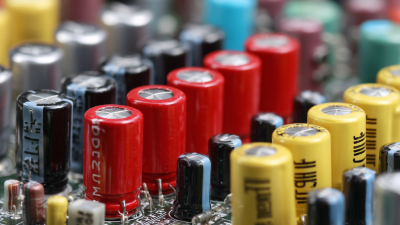
Why Electronic Capacitors Are Essential for Modern Electronics
-
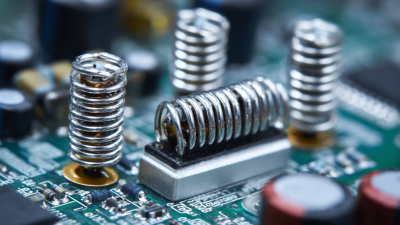
How to Optimize Electronic Resistors for Improved Circuit Performance and Reliability
-

The Hidden Importance of Active Components in Everyday Products
